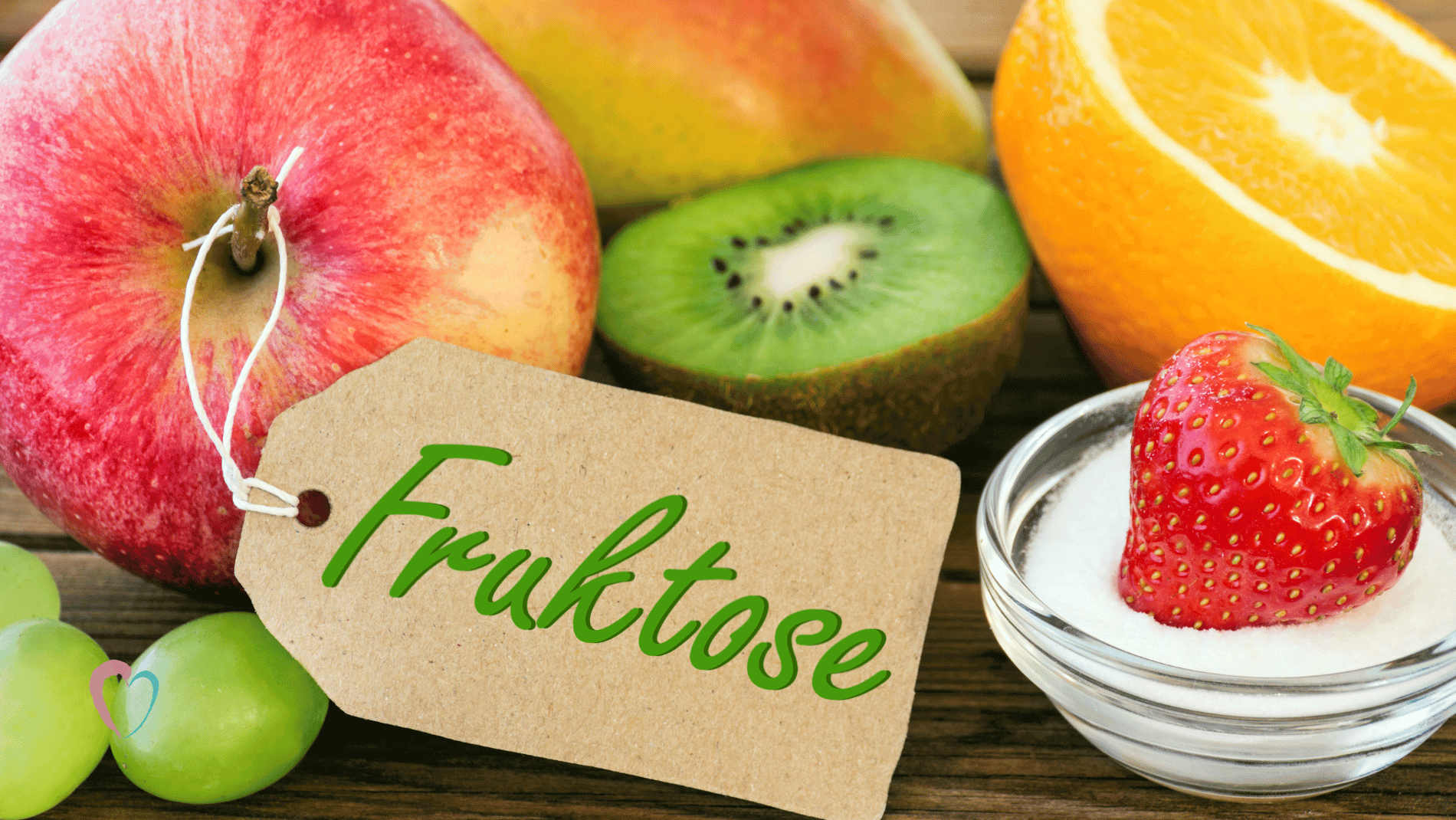Fructose Intolerance: Decoding the Digestive Dilemma
Growing up, we were always told that fruit is good for us. And indeed, fruit has many health benefits, including antioxidants, vitamins and minerals. However, we have encountered multiple cases of people experiencing various symptoms caused by eating fruit due to “fructose intolerance”. If you think you might have fructose intolerance, read on!
Fructose intolerance, or fructose malabsorption, is a digestive disorder that affects the body’s ability to absorb and process fructose, a type of sugar found in many fruits and some vegetables.
Symptoms
Individuals with fructose intolerance may experience various symptoms, varying in intensity and frequency. Common signs of fructose intolerance include bloating, abdominal pain, diarrhoea, flatulence, and nausea. These symptoms typically occur soon after consuming foods or beverages high in fructose.
Some people with fructose intolerance also experience aches and pains, tiredness and fatigue and low mood. This is because regularly eating a food you are intolerant to creates an inflammatory response in the body that can cause systemic issues such as these. As the fructose in the gut remains undigested, it leads to the fermentation of it by gut bacteria, leading to, among other things, a constant low-level “hangover”.
Causes
Fructose intolerance arises due to the body’s inability to break down and absorb fructose effectively. The condition occurs when the small intestine lacks adequate levels of an enzyme called fructose transporter protein (GLUT5), responsible for transporting fructose across the intestinal wall. Consequently, undigested fructose passes into the colon, leading to the fermentation of fructose by gut bacteria, resulting in the symptoms above.
Management
While fructose intolerance cannot be cured, there are several ways to manage the condition and alleviate symptoms:
- Dietary Modifications: Adopting a low-fructose or fructose-restricted diet is crucial for managing fructose intolerance. It involves avoiding or minimizing intake of high-fructose foods such as fruits (e.g., apples, pears, grapes), honey, agave syrup, and high-fructose corn syrup. However, many individuals can tolerate small amounts of fructose, so finding an individualized approach that suits one’s tolerance levels is important. The benefits of fruits can also be found in raw vegetables such as red peppers (vitamin C), carrots and many others. Therefore, it is not the case that cutting fruit out of your diet will negatively impact your health.
- Gradual Introduction: Some individuals may find it helpful to gradually introduce fructose-containing foods into their diet to assess their tolerance levels. This can involve starting with small portions and monitoring any adverse reactions. Keeping a food diary can also aid in identifying trigger foods and patterns.
- Nutritional Guidance: Seeking guidance from a health professional experienced in managing fructose intolerance can be highly beneficial. They can provide personalized advice meal planning assistance, and help ensure proper nutrient intake while managing the condition.
- Supportive Measures: Alongside dietary changes, it’s important to adopt general digestive health practices such as staying hydrated, regular exercise, stress management, and adequate sleep. High-concentration probiotics are also helpful. These practices can help maintain overall gut health and reduce symptoms.
Can I test for fructose intolerance?
Yes, a breath test for fructose intolerance is available. You can also try eliminating fructose from your diet and monitoring your symptoms.
Fructose intolerance can significantly impact an individual’s quality of life, but with proper management strategies, it is possible to reduce symptoms and enjoy a well-balanced diet. Individuals with fructose intolerance can find relief and lead a fulfilling life by understanding the causes, recognizing common symptoms, and implementing dietary modifications. Remember, consulting with a healthcare professional is crucial to developing an individualized approach and ensuring optimal management of fructose intolerance.








I had no idea about fructose intolerance until I read this article. It’s fascinating how our bodies react to different sugars.
I feel so validated by this article. I have been unable to stomach bananas, apples oranges etc. for a couple of years and people used to think I was faking it. I only came to understand that this is an actual issue that not only I suffer from in varsity when we were dealing with enzymes etc. Thank you for this, I will definitely be sharing it with my family and friends so they know that it is an actual thing